Description

Detailed Features:
Chemical Formula: C12H13N5O4
Dilutant: Polyethylene Glycol
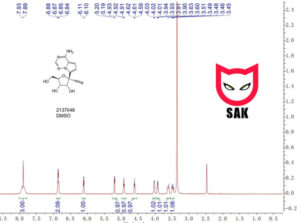
SAK HNRM:


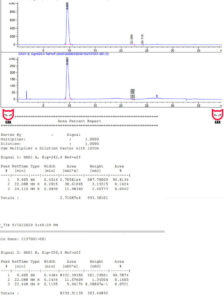
Other Details :
Feline coronavirus (FCoV) infection is very common in cats, and it is FCoV infection which can sometimes result in FIP. Infections with FCoV are usually asymptomatic but result in FIP in around 5-10% of cats. Asymptomatic FCoV infection was previously believed to be confined to the intestinal tract, but we now know that healthy FCoV-infected cats can have systemic FCoV infection, albeit with lower FCoV viral loads than cats with FIP. FIP is most common in young cats, especially < 2 years, that have lived previously in multi-cat households.
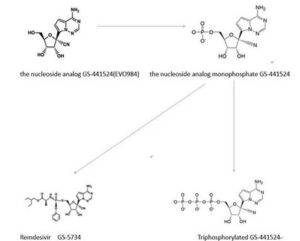
FIP has two forms: dry or wet.
- Dry – swollen lesions form on several parts of the cat’s body. Symptoms vary depending on the lesions’ location.
- Wet – certain cavities like her lungs or tummy fill up with a yellowish fluid. This causes serious abdominal discomfort or heavy breathing.
Clinical signs include lethargy, anorexia, weight loss (or failure to gain weight/stunted growth in younger cats), non-responsive pyrexia, jaundice (more common in effusive FIP), lymphadenomegaly, renomegaly and ocular signs (anterior and/or posterior uveitis). Effusive‘wet’ FIP is associated with abdominal, pleural and/or pericardial effusions, and is often quite acute in nature, progressing within a few days or weeks and severely limiting survival11. These cats can present with dyspnoea, tachypnoea and/or abdominal distension. Non-effusive ‘dry’ FIP can be associated with neurological signs (can be focal, multifocal or diffuse in nature, often with central vestibular signs, occasionally as a T3-L3 myelopathy) and is more chronic, progressing over a few weeks to months. Occasionally a diffuse pyogranulomatous pneumonia is reported. Non-effusive FIP occasionally presents as a palpable abdominal (lymph node or intestinal) mass.
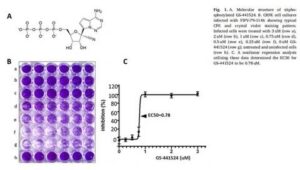
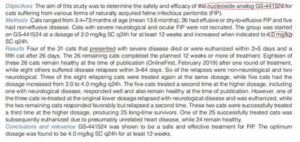
References:
1.The nucleoside analog GS-441524 strongly inhibits feline infectious peritonitis (FIP) virus in tissue culture and experimental cat infection studies
2.Efficacy and safety of the nucleoside analog GS-441524 for treatment of cats with naturally occurring feline infectious peritonitis
3.FIP – ADVANCES IN DIAGNOSTIC TESTING & TREATMENT
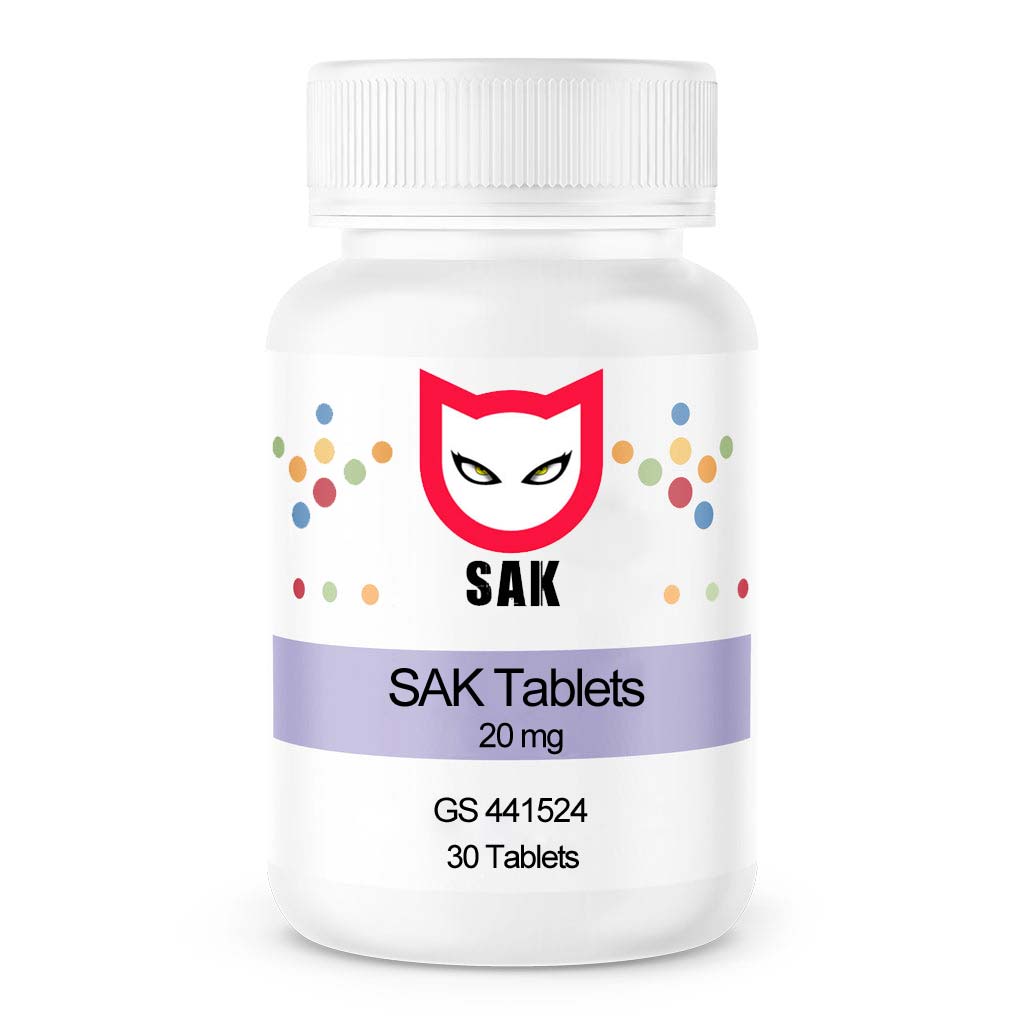
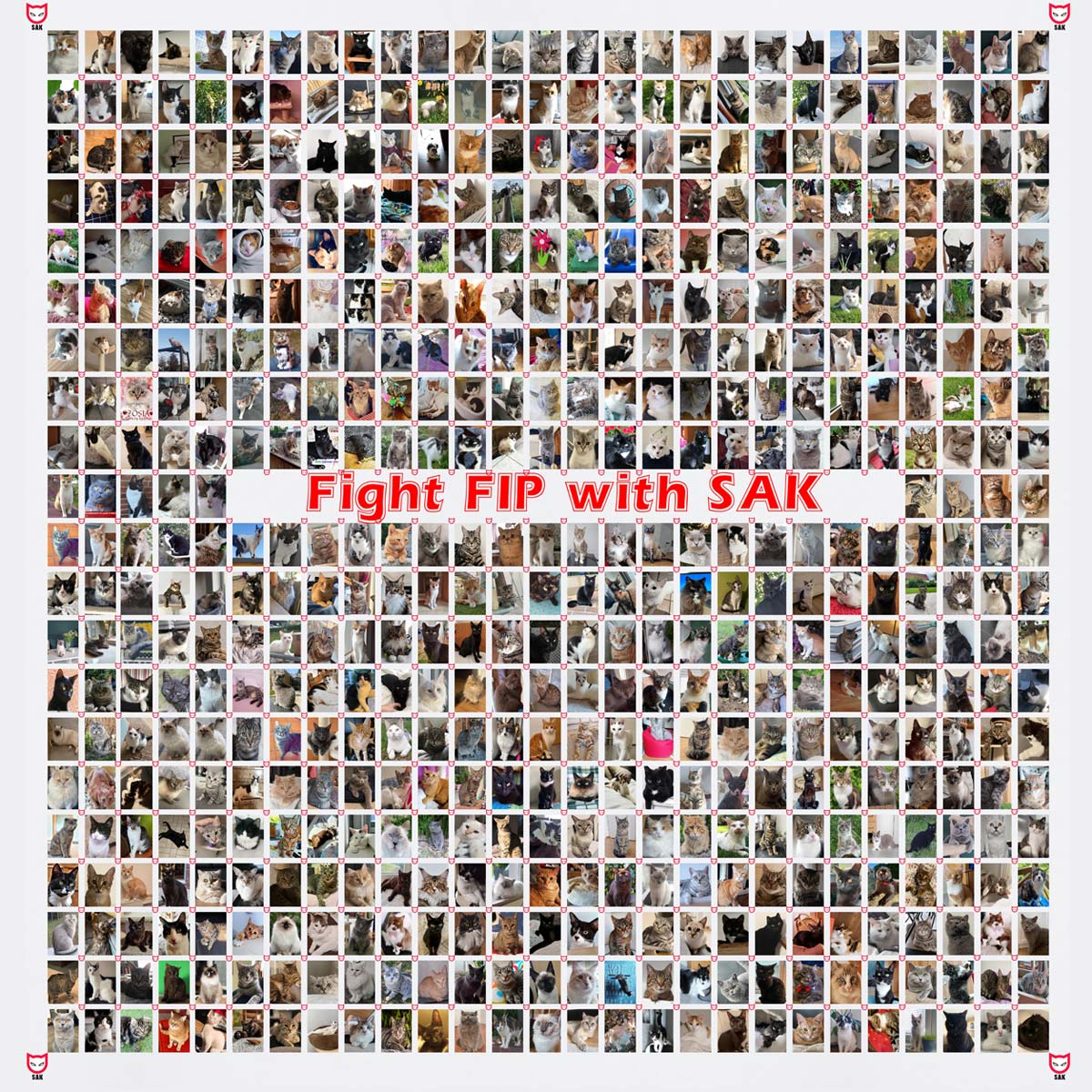
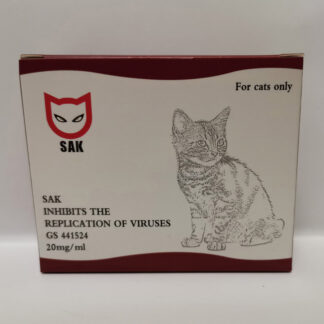
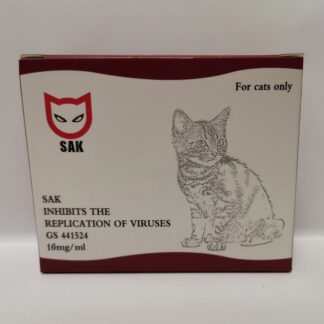
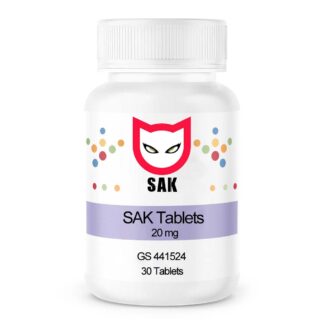
Reviews
There are no reviews yet.